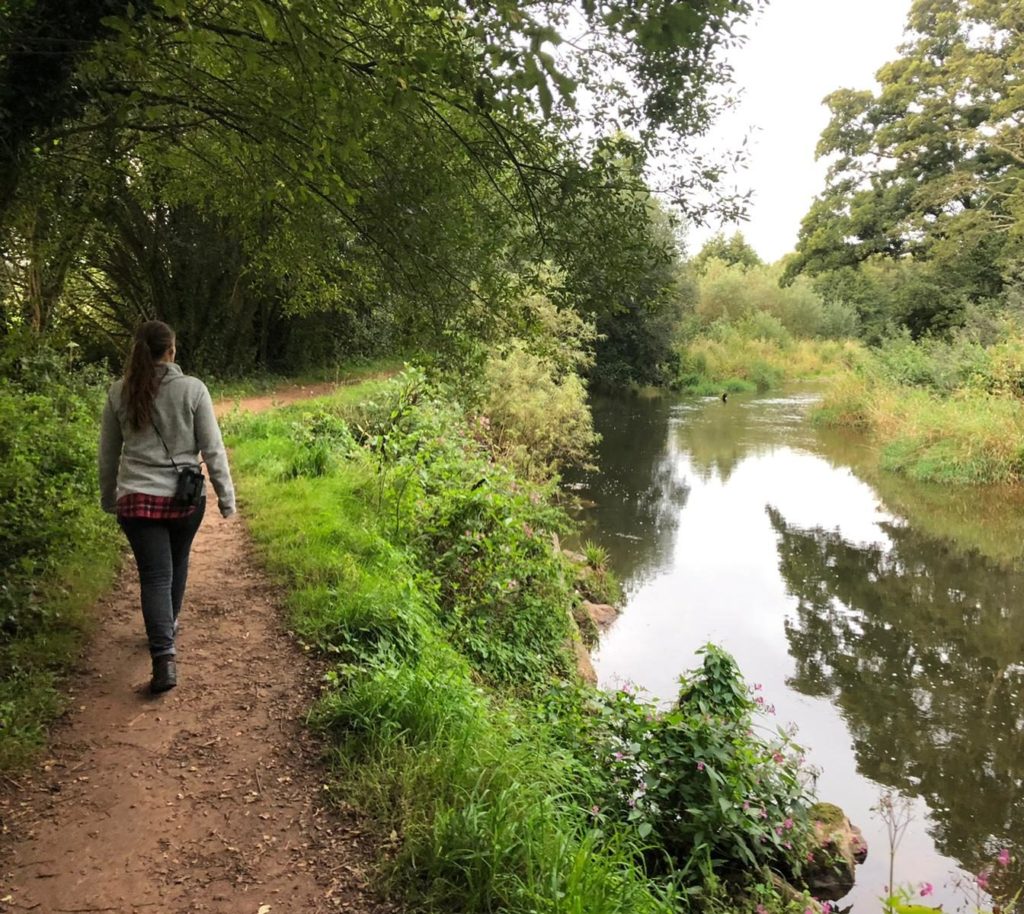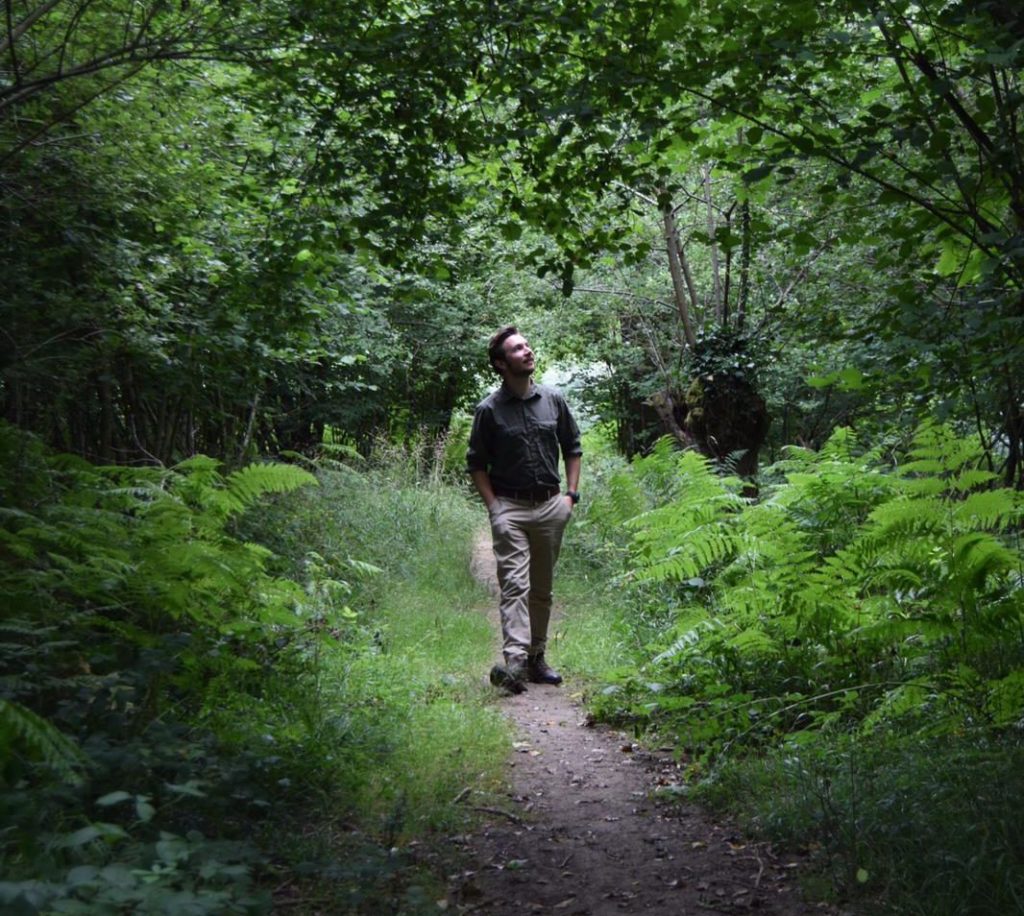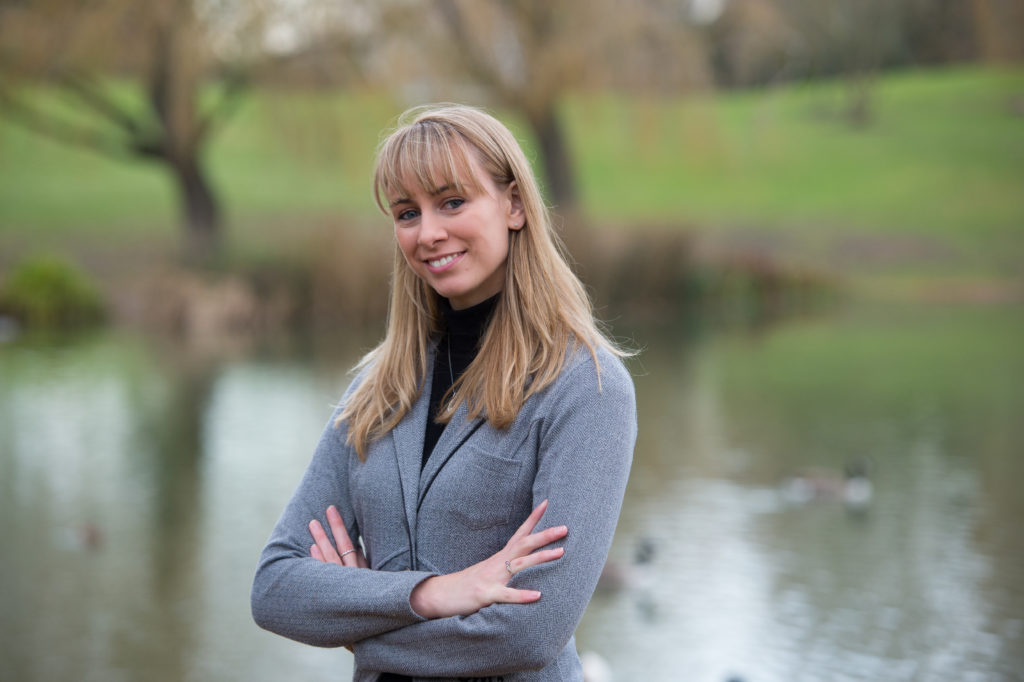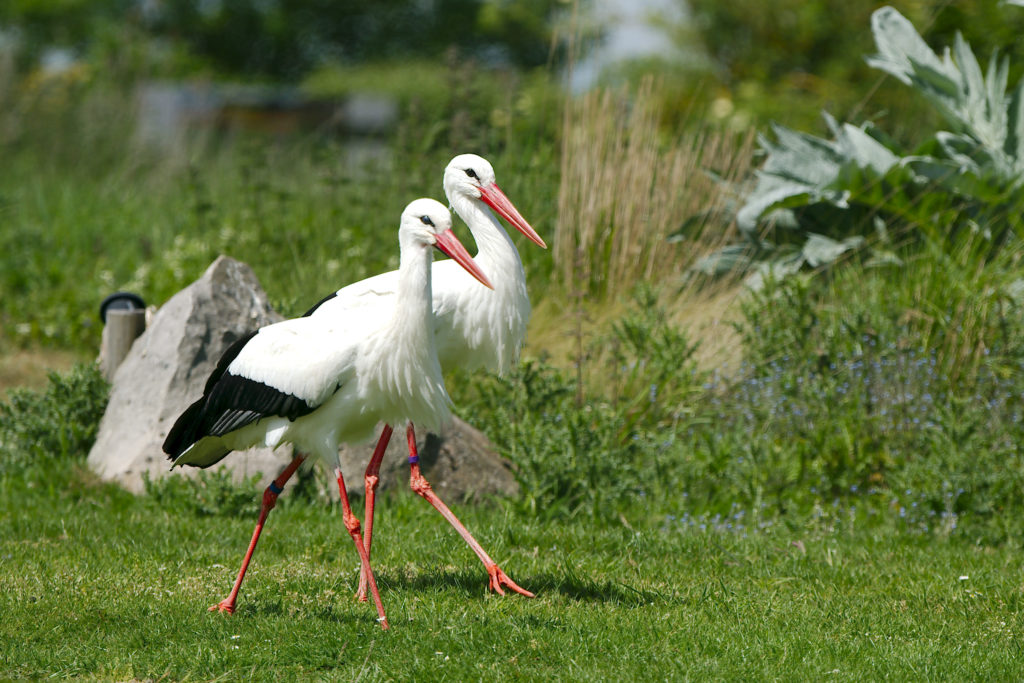
Here you can read more about Nature’s a Hoot, and access resources, photos and extra insights from our fourth episode, Wildlife and Well-being with special guest environmental psychology lecturer Dr Kayleigh Wyles from Surrey University.
It’s easy to feel a bit down in winter as the nights draw in, with shorter days and less time to get outdoors. We discuss the importance of spending time connecting with nature and Hannah chats to our guest, Dr Kayleigh Wyles, a lecturer in environmental psychology from Surrey University, about her work with citizen science and nature connection, and an exciting study we’ve been working on together at the Trust exploring the impact wildlife can have on our well-being.
Listen now to the Nature’s a Hoot fourth episode Wildlife and Well-being. Don’t forget to subscribe!
Tom and Hannah talk about the importance of spending time in nature, even in the winter, and what it’s like at the Trust when the days are shorter and there’s a chill in the air. It’s not always a chosen thing when we start to feel a bit down during the colder months, and time spent outside is even more precious. Is it as simple as getting outdoors as much as possible? As evidence grows to show the link between nature and well-being, and that wildlife-rich, biodiverse environments are good for our mental and physical health, we take a look at ways that we can benefit from a connection with nature, and hopefully improve our quality of life. You can also find out where we go to soak up the natural world, and recharge. Don’t forget to share with us on social media where you like to go to boost your well-being!


We have an ongoing project at the Trust investigating the affects of visiting and watching our wonderful displays on people’s mood and well-being, with the environmental psychology department at Surrey University. We have had students from Surrey come along to the Trust, and ask our visitors how they feel after watching our displays compared with sitting in our arena without the display. The results from this study were very interesting, we found that people rated their mood and positive feeling higher after watching our birds fly. It was also interesting that the proximity of the birds was important, and the experience of being immersed and close to our birds was a great mood-lifter. We are hoping to continue this work, and expand to include more investigation of how a visit to the Trust might affect how much people are to care about conservation and how motivated they are to change their behaviour to conserve birds of prey and the natural world as a whole. Find out more about the Trust’s well-being research.
Hannah chats to Dr Kayleigh Wyles, from Surrey University, and her fascinating work investigating how important nature connection is for your well-being, and how we as humans can have an impact on the environment, whether positively or negatively. Kayleigh teaches and researches topics in environmental psychology, which is the scientific study of how we as humans interact with our environment. We learn more about how the project at the Trust fits with Kayleigh’s research, and what exciting new studies we have planned for the future. Kayleigh also shares insights into her work in the marine world, tells us how she escapes the urban humdrum with her love for the coast, and gives us her tips on how to connect with nature, wherever you are, and where to start if you’re a young people thinking about a career in environmental psychology. Find out more about Kayleigh’s work.


Our Big Story this month is all about White Storks, and the recent reintroduction of the species in southern England. We welcomed three new White Storks to our collection at the Trust, to join Brandy and Blossom, our existing White Storks, in our Wings of Africa display, which has got us very excited about the reintroduction and hope of glimpsing a wild White Stork in the UK. Knepp Estate in Sussex has taken part in a few rewilding projects over the past few years, and played an important part in the White Stork Project. Did you know, the last breeding White Storks were recorded in the UK in 1416, on a famous cathedral? Listen to the podcast to find out where!
Here are some links to find out more about this amazing reintroduction:
To find out more about our podcast, and listen to Wildlife and Well-being and other episodes, visit our website.